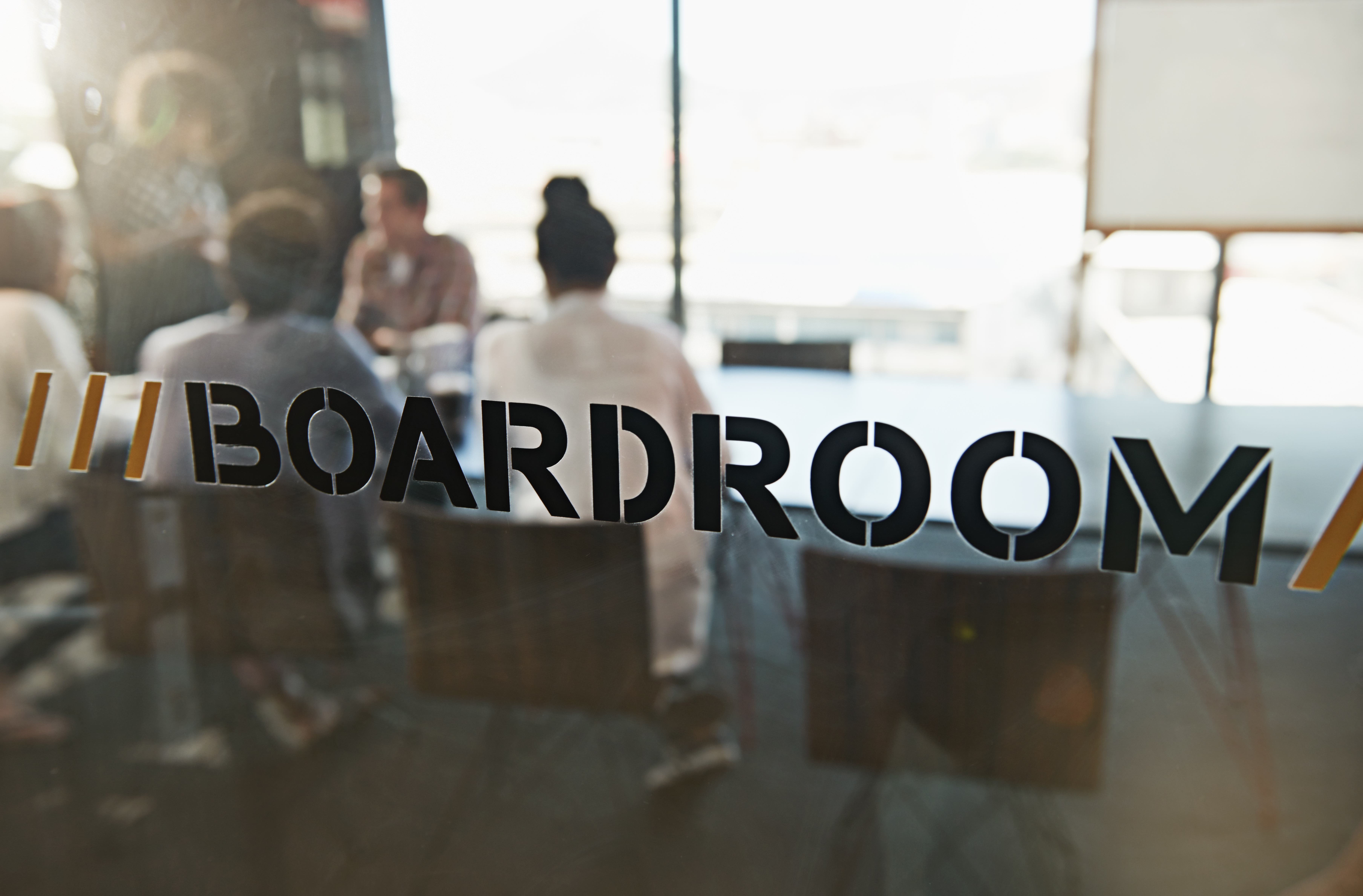
Business & Economics
Getting women on board

New research finds that many Asian-Australians experience discrimination in the workplace, which impacts on opportunities to move into senior leadership positions
Published 10 September 2019
Asian-Australians make up around 12 per cent of Australia’s population, but they hold less than four per cent of senior leadership positions. Asian-Australians are under-represented, and it seems, under-appreciated.
Now, new research may shed light on the underlying reasons for this imbalance.
Eighty-two per cent of surveyed Asian-Australians report that they have experienced some form of discrimination in Australia.
Sixty-five per cent of those who have been discriminated against had the experience in the workplace, while the most common setting for discrimination was at a shop or restaurant – sitting at 71 per cent.
The firsthand experiences of some of our most successful Asian-Australians highlight the problem of unconscious bias or stereotyping.

Business & Economics
Getting women on board
“It’s very natural that customers will assume that I’m there to take coffee and take notes,” says Irene Yu, who is Director of Migrant and Multicultural Banking at Westpac and the Bank of Melbourne. Ms Yu’s comments come in the lead-up to the first Asian-Australian Leadership Summit in Melbourne this week – an initiative of Asialink at the University of Melbourne, PwC and Australian National University. The aim is to identify strategies to shift the dial on diversity and highlight the important contribution that Asian-Australians can play in our future engagement with Asia.
Monica Tan, Greens candidate in the last federal election, teacher, and published author is another Asian-Australian who has felt excluded. She was recently at a party in Sydney, where she met a famous writer.
“His first question was - ‘Which part of China do you come from?’, which sort of made me feel like an outsider,” she says.
“It didn’t make me feel like I was there as an author, just as he was.” While the existence of a ‘glass ceiling’ is well-established across workplaces the world over, the notion of a so-called ‘bamboo ceiling’ is now gaining traction.

Business & Economics
Cracking the glass ceiling: Asia’s next challenge
Marlene Kanga is one of Australia’s most respected engineers, as President of the World Federation of Engineering Organizations. But she’s spent much of her career being knocked back by potential employers.
“People would say to me - ‘Oh, Marlene, you know you are excellent at this and you’ve done this very well, but--’ there’s one more thing that I hadn’t done and therefore I hadn’t got the job,” she says.
“And so, I’ve tried very hard to cover all those bases, all those extra things that people said I had to do. And then I realised that really, there would always be one more thing.” “I think there are white gatekeepers in all of our communities,” says writer and broadcaster Benjamin Law, “and I don’t think that’s a sledge or a slur.”
“When we look at people in leadership positions in Australian business, media, politics, and culture, they usually do come from an Anglo background, and that’s a lot to do with our history,” says Law.
“But we also need to introduce interventions in order for other people to step up into those positions.”
The research also shows that, compared with other sections of the Australian population, Asian-Australians are much more likely to have a personal reaction to this discrimination.

Politics & Society
Is Australia becoming the ‘lonely’ country?
That may mean being less outspoken at work, less aggressive in work style or choosing an occupation where discrimination is less likely.
The Asian-Australian Leadership Summit brings together both established and emerging leaders from across the country to address the under-representation of Asian-Australians in leadership positions.
The Summit will also recognise the achievements of the next generation, by naming the ‘40 Under 40 Most Influential Asian-Australians.’ Peter Varghese AO, former secretary of the Department of Foreign Affairs and one of Australia’s longest-serving and most-respected diplomats, is one of the judges of the ‘40 Under 40’ awards. Born in Kenya to Indian parents and arriving in Australia as an eight year old in 1964, he thinks it’s time to rethink some of the fundamental portrayals of our society.
“While multiculturalism has become the sort of leitmotif of how we describe the country, I think at its heart, those who are successful in Australia are those that assimilate into Australia.”
“I think there’s an expectation in the broader community that people who come to make Australia their home are welcome. But there is an expectation that they will assimilate.”
For almost 30 years, Asialink has been a point of creative exchange between Australia and the Asian region. Through the summit, the organisation recognises the critical role that Asian-Australians can play in building stronger relations with our near-neighbours. Indeed, business leader Ming Long is emphatic about the contributions of Asian-Australians in a changing world order.
“We have so many Asian-Australians here who fight for this country,” she says.
“They desperately want this country to succeed.”
The Asian-Australian Leadership Summit is an initiative of Asialink, PwC and Australian National University, and will be held in Melbourne on Thursday 12th and Friday 13th September. Visit asianaustralianleadership.com.au to find out more.